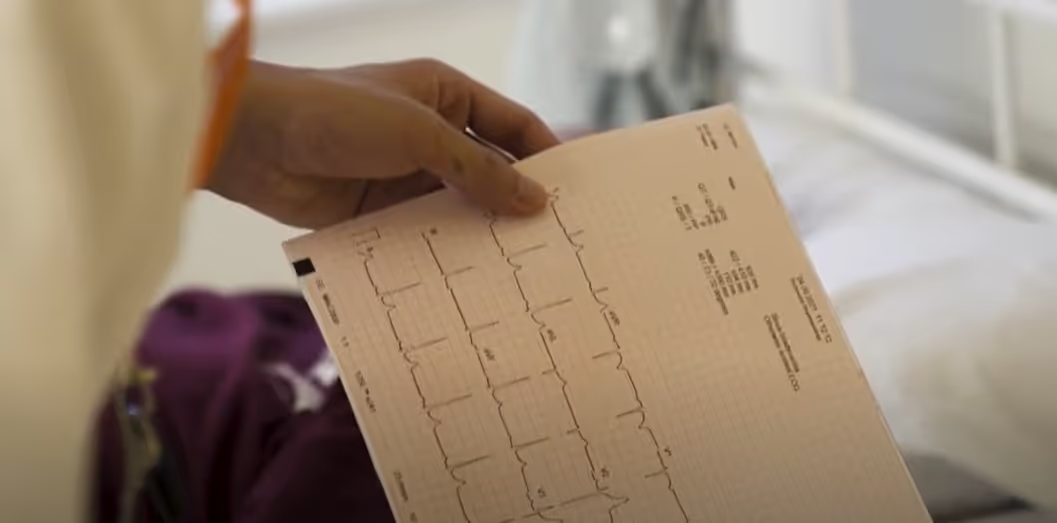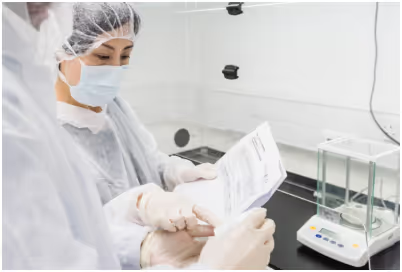
Trusted and respected experts involved in every trial
Richmond Pharmacology’s Core ECG Laboratory team are based within St George’s Hospital Medical School, London and are made up of highly experienced cardiologists headed by Professor John Camm, a key opinion leader in TQT Trials.
Using the FDA compliant manual over-read approach, the QT interval is measured by our cardiologists on screen using electronic callipers(MUSE CV® Interval Editor, GE Marquette Medical Systems) with sufficient magnification allowing the measurement precision equal to the storage frequency of 500 MHz, i.e. ±1 ms. Whilst the details of the analysis can be discussed and agreed with our clients at the study design stage, as a matter of routine, in each ECG the QT interval is measured in all 12 leads. The median QT interval of all measurable beats from the 12 leads is then taken as valid for that particular ECG.
The measured and verified QT intervals are corrected for heart rate using conventional population-derived formulae (e.g. Fridericia) or an individually derived formula. The QT/QTc interval data are then subjected to a statistical analysis in accordance with the current regulatory guidelines which also includes input and interpretation of the results from one of our experienced cardiological scientists.
In line with the current regulatory requirements and at least every six months, all cardiologists working for Richmond Pharmacology undertake intra- and inter-reader variability tests under blinded conditions to ensure that our measurements are accurate and reproducible. Furthermore, systematic in–process QC checks are performed by a senior cardiologist during a specific study analysis. All QC checks and any corrective actions are reconciled and fully documented.
When you conduct your study with Richmond Pharmacology, you benefit from the expertise of globally recognised key opinion leaders

















.avif)
